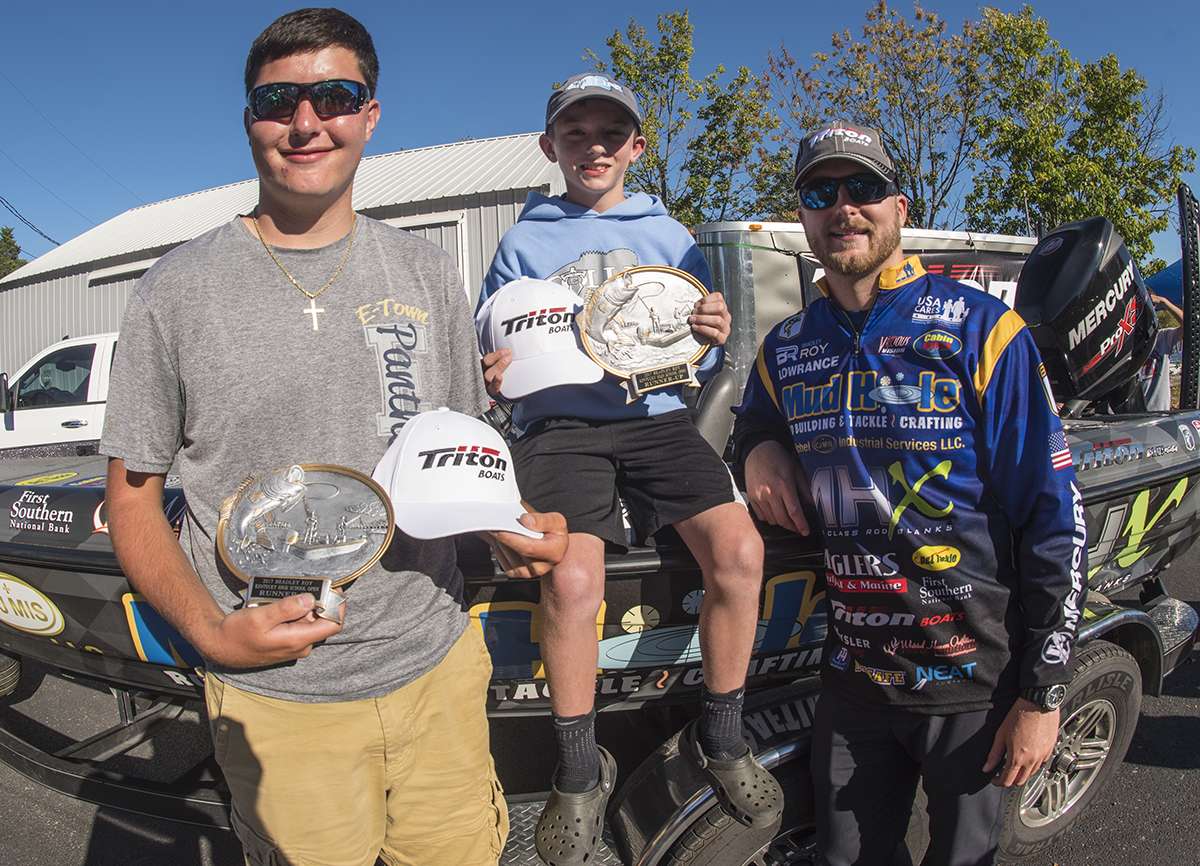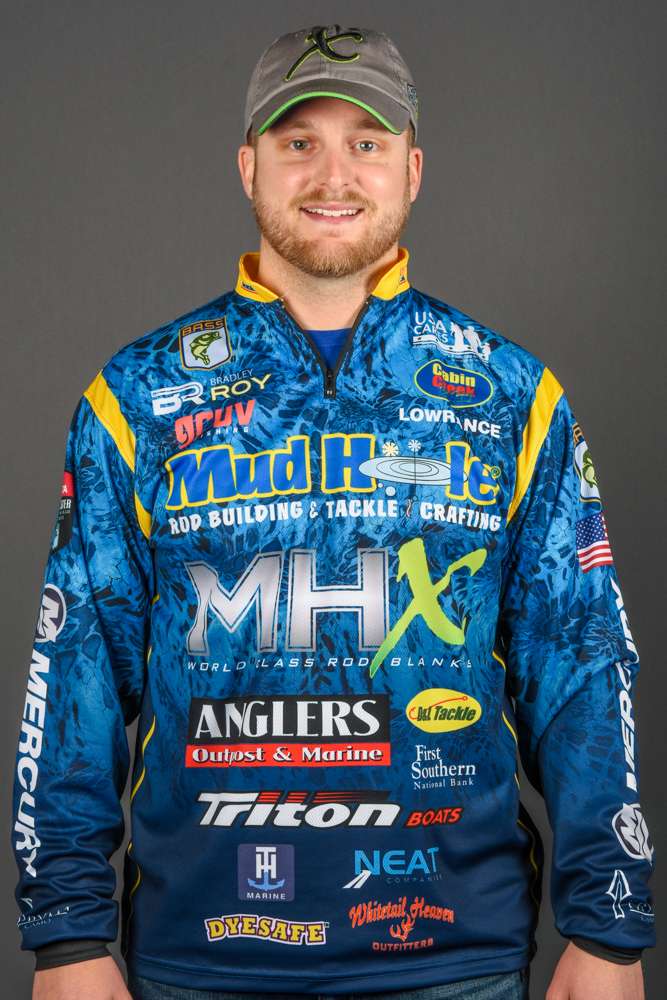
If we were to evaluate the overall well-being of bass fishing right now the report would probably be a good one. This past Bassmaster Classic was the most-attended ever, and high school tournaments are maxing out at 200 and even 300 boats on a regular basis. From the outside looking in, our sport is growing and setting itself up well for the future.
I would have to say that assumption would be a correct one. Honestly, it’s been amazing to watch, and it makes anyone excited for the future. With that being said, I think it would be foolish for us to not reflect as we go along and look at ways to protect the resources and ultimately take care of this sport we all love.
Organizations such as B.A.S.S. are always pushing new ways to take care of the resource. For example, recently we have gone to non-penetrating cull clips. Sure, the old ones may not have killed the fish, but it’s more about the image we are trying to portray. Whenever we can do better, we owe it to ourselves and the resource to do so. In my opinion we must take care of the resource and how the outside world views us as tournament anglers.
We also need to be concerned with how other fisherman view us as tournament anglers. As you start to fish more high school tournaments, you will undoubtedly have encounters with other anglers on the water. Now I know it’s hard but try to imagine yourself going out for a quiet day of fishing and all of the sudden being swarmed by 200 boats that just launched. This doesn’t bother us because tournament-day excitement is what we live for, but some folks just like to get out and fish for the fun of it.
My advice is simple – be respectful. Don’t always assume you have more right to the water than recreational anglers because you are in a tournament. We compete on public water, and don’t ever forget that. Most of the time with some simple, friendly conversation they will let you have first go at the water, but cutting in front of them isn’t doing our sport any favors. Remember we want to leave a good impression on the outside world, not a bad one.
If you fish high school tournaments and don’t use social media, then you are without a doubt an exception. Social media has taken over our world and can be used for a lot of good purposes. However, I often feel it might be responsible for some of the ugly things in our sport. It has certainly changed how anglers share success on the water. I can scroll through my news feeds and see handfuls of big fish, and it’s awesome to tell you the truth.
There is nothing better than holding big fish up for the camera, especially when its more than one of them. I am just as guilty as anybody of this, but lately I have started to rethink some things. Our lakes and rivers are getting a lot of fishing traffic because of the growth I mentioned. A few people post big fish pictures from a lake, and the next thing you know anglers come from all over to fish that one lake. My fear is that if we all go out for a fun day of fishing and cart fish around in our livewells just for a picture, we could be causing unnecessary negative effects. I understand for a tournament this must happen, but is a Facebook picture really a good reason to relocate five big bass?
Maybe that seems a little hypocritical and you certainly have the right to carry legal-size fish in your livewell, but I think it’s worth a thought. Lately I have adopted the “picture, weigh, release” attitude. After landing a good bass I take a picture with it individually and then weigh it before releasing. This way at the end of the day if I have weight I am proud of I can simply post the individual pictures and weights of all the fish. I didn’t move any fish or cause any unnecessary stress just for a social media picture.
Of course, these are just a few examples of how we can better the future of our sport. There are many out there, and they all deserve some thought. We need to be responsible with our resources and the image we portray as tournament anglers. As high school anglers you are a great part of the future of our sport, much of this sport’s well-being will soon rest on your shoulders, and you have an important job to continue its great legacy.

